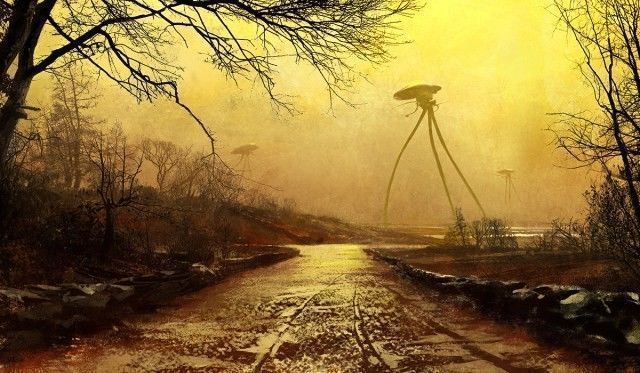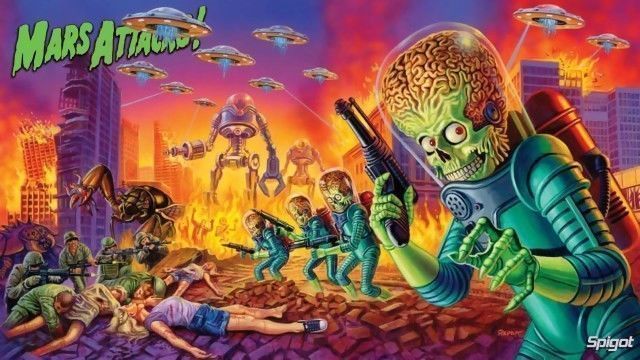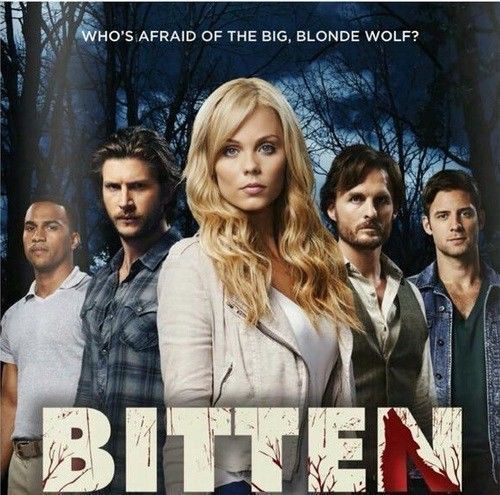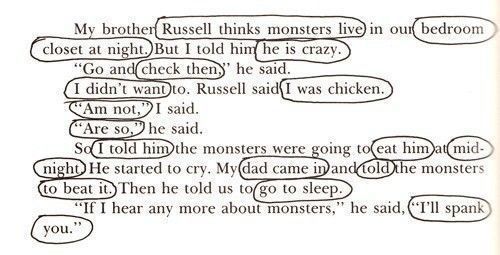Little Green Men: A Tour of Mars in Fiction

Mars is the fourth planet from the sun and the second smallest. It is named after the Roman god of war. Then again, so is Tuesday.
Known as the ‘Red Planet’ because of the prevalence of iron oxide on its surface, Mars has enjoyed a prominent place in our collective imagination.
Before Schiaparelli’s observations of canals on Mars in the 19th century, most fiction and stories centered around mythology and the occult. After his discovery, a sort of ‘Mars Fever’ hit and notable scientists such as Nicholas Tesla and Lord Kelvin reported radio transmissions. In many government circles, Martians were perceived as a threat.
Prior to our flyby in 1965 with the Mariner 4, most fiction focused on the creative idea of a populated Mars. It was exciting and frightening to think about little green men or worse.

Notable works include:
- 1898 --- **The War of the Worlds** by *H.G. Wells* tells of a Martian invasion of Earth. It's a classic. If you haven't read it, you should. In 1938, a live news radio adaptation of *War of the Worlds* told by Orson Wells incited public panic. I wish I was there to hear this.
- 1917 --- **A Princess of Mars** by *Edgar Rice Burroughs* is the first in the *Barsoom* series telling of the adventures of Earthling John Carter on a dying Mars, peopled by many species. The stories read like western novels. The 2012 adaptation by Disney, **John Carter** , pales in comparison.
- 1948 --- **Marvin Martian**, a Looney Tunes character. This little guy was notable for his warlike predilections. *Where is the Earth Shattering Kaboom?*
- 1949 --- **Red Planet** by *Robert Heinlein* is a young adult story set in a boarding school on Mars and tells of conflict with the native species. Very much another western colonial yarn.
- 1950 --- **The Martian Chronicles** by *Ray Bradbury* is an analogue for the colonization of the Americas where humans colonize Mars and war with the indigenous inhabitants.
- 1996 --- **Mars Attacks!**, a black comedy film by Tim Burton, stands as an excellent tribute to this era of fear about Martian Invaders. A worthy watch. Grab the popcorn.

After Mariner, most fiction about Mars centered around its identity as a desert planet, the prospect of water, and human colonization. In most of these stories, Martians are an ancient and extinct civilization. This has been buoyed by the orbital surveys and surface rovers that have explored Mars in the last twenty years.

Some notable works:
- 1964 --- **Martian Time Slip** by *Philip K. Dick*, is about the perils of human colonialism on Mars. In typical Dickian fashion, its themes are about mental illness, paranoia and the fluidity of reality. One of my favourites.
- 1966 --- **We Can Remember It for You Wholesale** by *Philip K. Dick* is a short story about a secret agent's trip to colonial Mars... or is it? It's had two film adaptations, in 1990 and 2012, under the title **Total Recall**. As with most things, the story and films diverge considerably.
- 1966-present --- **Star Trek** canon features human colonization of Mars in 2103 and is featured or discussed in several episodes.
- 1985 --- **The Watchmen** by *Alan Moore* and *Dave Gibbons* is a celebrated graphic novel about flawed superheroes. Doctor Manhattan exiles himself to Mars at one point because he felt guilt about giving people cancer. The 2009 film adaptation is a visual spectacle.
- 1999 --- **White Mars** by *Brian Aldiss* and *Roger Penrose* treats Mars as a giant scientific laboratory. An interesting but dense read.
- 2000 --- **Red Planet**, a terrible film staring Val Kilmer, is notable for how bad it is with such an A-list cast. Don't watch it. John Carpenter's **Ghosts of Mars** in 2001 is equally as bad.
- 2005 --- **Doom**, a film based on the video game series by id Software. It's a monster film set on Mars, complete with Space Marines and Dwayne Johnson. Popcorn fun. Sometimes you just need to turn the brain off.
- 2011 --- **The Martian** by *Andy Weir* is about an American astronaut stranded on Mars. Think *Apollo 13* meets *Castaway*. It's notable for its realism and relative scientific accuracy. I haven't read it yet, but given all the buzz about the upcoming film adaptation staring Matt Damon, I think I should.
As we become more and more interested in the Red Planet against the backdrop of our own future as a civilization, it can be expected that Mars in fiction won’t be going away any time soon. Whether science-fiction will become science-fact is, to say the least, intriguing…
More reading:
- https://en.wikipedia.org/wiki/Mars
- https://en.wikipedia.org/wiki/Exploration_of_Mars
- https://en.wikipedia.org/wiki/Mars_(mythology)
- https://en.wikipedia.org/wiki/Martian
- https://en.wikipedia.org/wiki/Mars_in_culture
- https://en.wikipedia.org/wiki/Mars_in_fiction
- https://en.wikipedia.org/wiki/The_War_of_the_Worlds
- https://en.wikipedia.org/wiki/The_War_of_the_Worlds_(radio_drama)
- https://en.wikipedia.org/wiki/A_Princess_of_Mars
- https://en.wikipedia.org/wiki/Marvin_the_Martian
- https://en.wikipedia.org/wiki/Red_Planet_(novel)
- https://en.wikipedia.org/wiki/The_Martian_Chronicles
- https://en.wikipedia.org/wiki/Mars_Attacks!
- https://en.wikipedia.org/wiki/Martian_Time-Slip
- https://en.wikipedia.org/wiki/We_Can_Remember_It_for_You_Wholesale
- https://en.wikipedia.org/wiki/Watchmen
- https://en.wikipedia.org/wiki/List_of_films_set_on_Mars
- https://en.wikipedia.org/wiki/The_Martian_(Weir_novel)
Feature Photo by Jaimie Jones.
NOTE: Also published at Reader’s Carnival.




